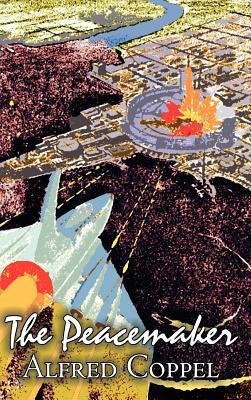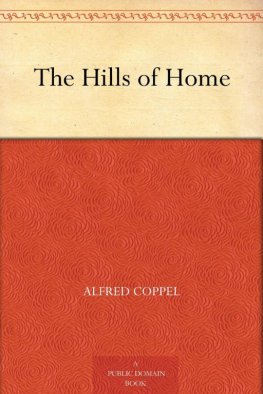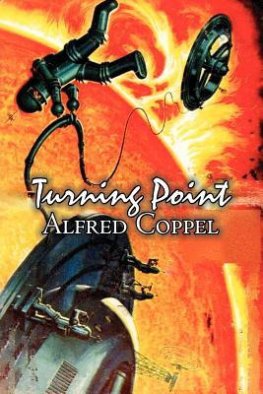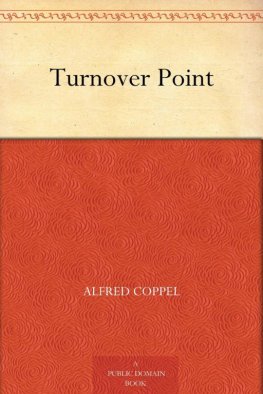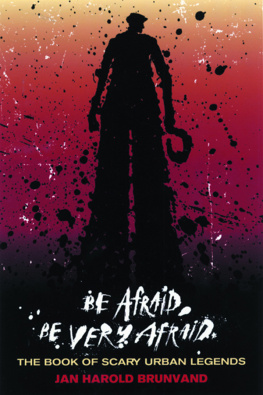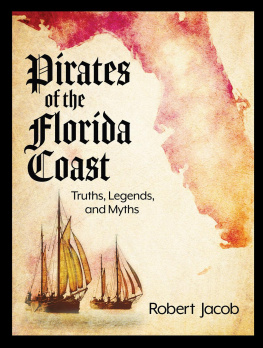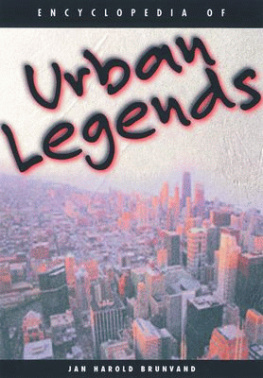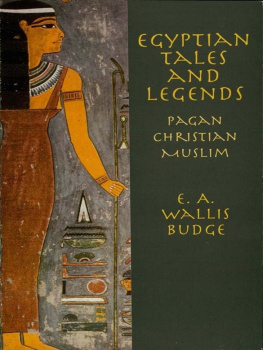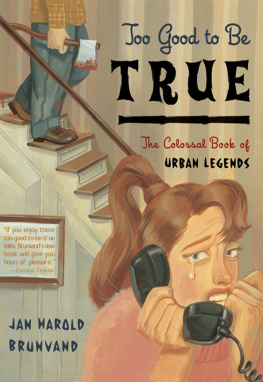Alfred Coppel - The Peacemaker
Here you can read online Alfred Coppel - The Peacemaker full text of the book (entire story) in english for free. Download pdf and epub, get meaning, cover and reviews about this ebook. year: 2010, publisher: gutenberg.org, genre: Science fiction / Romance novel. Description of the work, (preface) as well as reviews are available. Best literature library LitArk.com created for fans of good reading and offers a wide selection of genres:
Romance novel
Science fiction
Adventure
Detective
Science
History
Home and family
Prose
Art
Politics
Computer
Non-fiction
Religion
Business
Children
Humor
Choose a favorite category and find really read worthwhile books. Enjoy immersion in the world of imagination, feel the emotions of the characters or learn something new for yourself, make an fascinating discovery.
- Book:The Peacemaker
- Author:
- Publisher:gutenberg.org
- Genre:
- Year:2010
- Rating:3 / 5
- Favourites:Add to favourites
- Your mark:
- 60
- 1
- 2
- 3
- 4
- 5
The Peacemaker: summary, description and annotation
We offer to read an annotation, description, summary or preface (depends on what the author of the book "The Peacemaker" wrote himself). If you haven't found the necessary information about the book — write in the comments, we will try to find it.
The Peacemaker — read online for free the complete book (whole text) full work
Below is the text of the book, divided by pages. System saving the place of the last page read, allows you to conveniently read the book "The Peacemaker" online for free, without having to search again every time where you left off. Put a bookmark, and you can go to the page where you finished reading at any time.
Font size:
Interval:
Bookmark:
Alfred Coppel
THE PEACEMAKER
Illustrated by Bob Martin
We humans are a strange breed, unique in the Universe. Of all the races met among the stars, only homo sapiens thrives on deliberate self-delusion. Perhaps this is the secret of our greatness, for we are great. In power, if not in supernal wisdom.
Legends, I think, are our strength. If one day a man stands on the rim of the Galaxy and looks out across the gulfs toward the seetee suns of Andromeda, it will be legends that drove him there.
They are odd things, these legends, peopled with unreal creatures, magnificent heroes and despicable villains. We stand for no nonsense where our mythology is concerned. A man becoming part of our folklore becomes a fey, one-dimensional, shadow-image of reality.
Jaq Merrilthe Jaq Merril of the history booksis such an image. History, folklores jade, has daubed Merril with the rouge of myth, and it does not become him.
The Peacemaker, the chronicles have named him, and that at least, is accurate in point of fact. But it was not through choice that he became the Peacemaker; and when his Peace descended over the worlds of space, Merril, the man, was finished. This I know, for I rode with himhis lieutenant in a dozen and more bloody fights that earned him his ironically pacific laurels.
Not many now living will remember the Wall Decade. History, ever pliable, is rewritten often, and facts are forgotten. When it was gone, the Wall Decade was remembered with shame and so was expunged from the record of time. But I remember it well. It was an era compounded of stupidity and grandeur, of brilliant discovery and grimy political maneuver. We, the greedy men of spaceand that includes Jaq Merrilsaw it end with sorrow in our hearts, knowing that we had killed it.
If you will think back to the years immediately preceding the Age of Space, you may remember the Iron Curtain. Among the nations of the Earth a great schism had arisen, and a wall of ideas was built between east and west. Hydrogen bombs were stockpiled and armies marched and countermarched threateningly. Men lived with fear and hatred and distrust.
Then, suddenly, came the years of spaceflight and the expanding frontiers. Luna was passed. Mars and Venus and the Jovian Moons felt the tread of living beings for the first time since the dawn of time. The larger asteroids were taken and even the cold moonlets of Saturn and Uranus trembled under the blast of Terran rockets. But the Iron Curtain still existed. It was extended out into the gulf of space, an intangible wall of fear and suspicion. Thus was born the Wall Decade.
Jaq Merril was made for that epoch. Ever in human history there are those who profit from the stupidity of their fellows. Jaq Merril so profited. He dredged up the riches of space and took them for his own. And his weapon was mans fear of his brothers.
It was in Yakki, down-canal from the Terran settlement at Canalopolis, that Merrils plan was born. His ship, the Arrow, stood on the red sands of Syrtis Major, waiting for a payload to the Outer System. It stood among a good many like it: the Moonmaid, the Gay Lady, the Argonaut, and my own vessel, the Starhound.
We, the captains, had gathered in the Spacemans Resta tinkling gin-mill peopled with human wrecks and hungry-eyed, dusty-skinned women who had come out to Mars hoping for riches and had found only the same squalor they had left behind. I remember the look in Merrils eyes as he spoke of the treasures of space that would never be ours, of the gold and sapphires, the rubies and unearthly gems of fragile beauty and great price. All the riches of the worlds of space, passing through our hands and into the vaults of the stay-at-homes who owned our ships and our very lives. It seemed to me that Merril suffered as though from physical pain as he spoke of riches. He was nothing if not rapacious. Greedy, venal, ruthless. All of that.
Five of us, he said in a hard voice, Captains allwith ships and men. We carry the riches of the universe and let it slip through our fingers. What greater fools could there be?
Oh, he was right enough. We had the power to command in our hands without the sense to grasp it firmly and take what we chose.
And mark you, my friends, Merril said, A wall has been built around Mars. A wall that weakens rather than strengthens. A wonderful, stupid, wall. He laughed and glanced around the table at our faces, flushed with wine and greed. With all space full of walls, he said softly, Who could unite against us?
The question struck home. I thought of the five ships standing out there on the rusty desert across the silted canal. Five tall shipsagainst the stars. We felt no kinship to those at home who clung to creature comforts while we bucketed among the stars risking our lives and more. We, the spacemen, had become a race apart from that of the home planet. And Merril saw this in our faces that night so long ago, and he knew that he had spoken our thoughts.
Thus was born the Compact.
Gods of space, but I must laugh when I read what history has recorded of the Compact.
Merril, filled with the wonder of his great dream, spoke his mind to the Captains. He told them of the sorrow in his heart for his divided fellow men, and his face grew stern when he urged them to put aside ideology and prejudice and join with him in the Compact.
So speaks Quintus Bland, historian of the Age of Space. I imagine that I hear Merrils laughter even as I write. Oh, we put aside ideology and prejudice, all right! That night in Yakki the five Captains clasped hands over the formation of the first and only compact of space-piracy in history!
It was an all or nothing venture. Our crews were told nothing, but their pockets were emptied and their pittances joined with ours. We loaded the five ships with supplies and thundered off into the cobalt Martian sky to seek a stronghold. We found one readily enough. The chronicles do not record it accurately. They say that the fleet of the Compact based itself on Eros. This is incorrect. We wanted no Base that would bring us so close to the home planet every year. The asteroid we chose was nameless, and remained so. We spoke of it seldom aspace, but it was ever in our minds. There was no space wall, there to divide us one from the other. It was a fortress against the rest of mankind, and in it we were brothers.
When we struck for the first time, it was not at a Russian missile post as the histories say. It was at the Queen of Heaven, an undefended and unsuspecting merchantman. The records of Earth say the Queen was lost in space between Uranus and Mars, and this is so. But she was listed lost only because no Russian or American patrol found her gutted hulk. I imagine that at this very moment she hangs out beyond Pluto, rounding the bend of the long ellipse we sent her on that day we stripped her bones.
She carried gold and precious stonesand more important yet, women being furloughed home after forced labor in the mines of Soviet Umbriel. The Starhound and the Arrow bracketed her a million miles above the plane of the ecliptic near Saturns orbit, and killed her. We drew abreast of her and forced her valves. We boarded her and took what we chose. Then we slaughtered her men and sent them on their long voyage. That was the beginning.
The attack against Corfu was our next move. This is the battle that Celia Witmar Day has described in verse. Very bad verse.
Corfu slumbered, gorged and proud
While Arrow, Hound and Maid marshalled
Freedoms might above the tyrants ground,
And rained down death
There is much more, of course. Brave phrases of emotion and fanciful unreality written by one who never saw the night of space agleam with stars.
Font size:
Interval:
Bookmark:
Similar books «The Peacemaker»
Look at similar books to The Peacemaker. We have selected literature similar in name and meaning in the hope of providing readers with more options to find new, interesting, not yet read works.
Discussion, reviews of the book The Peacemaker and just readers' own opinions. Leave your comments, write what you think about the work, its meaning or the main characters. Specify what exactly you liked and what you didn't like, and why you think so.

